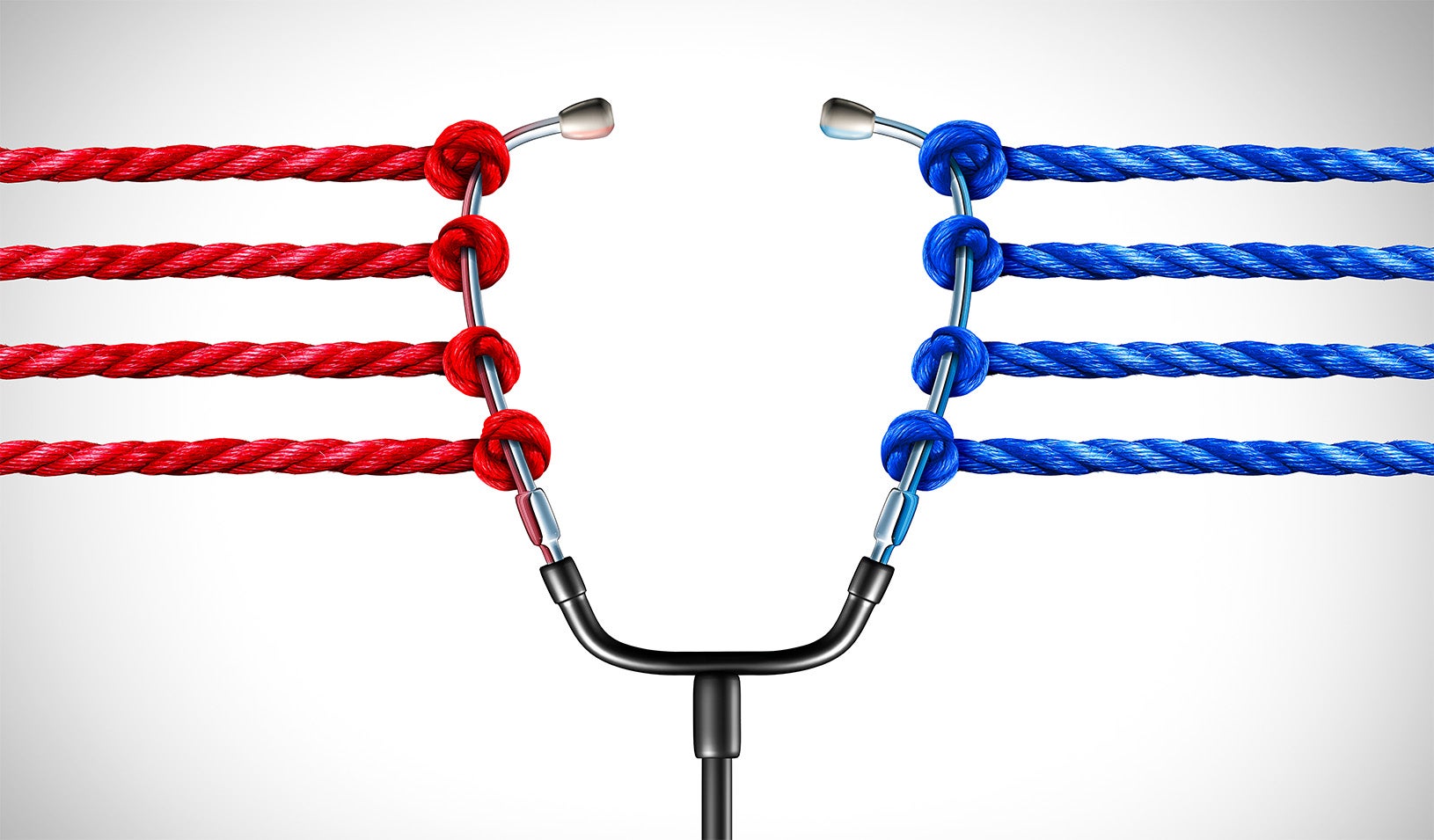July 01, 2010
| by Marguerite RigogliosoPeople vote for candidates based on their performance in office — right? While political scientists like to think so, new research argues that a political incumbent’s fate can be influenced by far less weighty matters — like whether the local college football team wins or loses.
The outcome of major political races can hinge on spurious public events, particularly if such events happen within the two-week window before the election, says Neil Malhotra, assistant professor of political economy at Stanford GSB, and one of the researchers.
“When people’s teams win, they become happier and more satisfied with the status quo, and that mood carries into the polling booth,” says Malhotra. The satisfaction “can cause a significant number of marginal voters who are deciding whether to switch between the incumbent and a challenger to stick with things as they are.”
The study examined data for elections between 1964 and 2008, and compared it to football results for 62 major college teams. The researchers found that wins by college teams in the two weeks before election day boosted the vote share of incumbents in the county where a school is located by as much as 1.61% in U.S. Senate, gubernatorial, and presidential elections. “This is enough to tip a close election,” says Malhotra, who conducted the research with Andrew Healy, of Loyola Marymount University, and Cecilia Hyunjung Mo, a doctoral student at Stanford GSB.
The effect was particularly noteworthy for “powerhouse” teams that had won national championships or had average attendance of 70,000 or more per game. In such cases, game victories had an even greater influence on voting mood: Incumbents received 2.3 to 2.42 percentage points more than in years when the local team lost.
Investigators corroborated the results with a survey conducted during 2009’s March Madness — the NCAA men’s college basketball tournament. During the third and fourth rounds, they surveyed more than 3,000 residents of areas with teams in the tournament, identifying respondents’ favorite teams. Participants were then asked to evaluate President Barack Obama’s performance.
Once again, those whose teams had won demonstrated an overall 2.3% increase in their rating of Obama over those whose teams had lost.
However, for one group, researchers deliberately gave respondents an article enumerating teams’ wins and losses prior to asking them to evaluate Obama. Interestingly, that group showed no increase in the President’s approval rating.
“Making the game outcomes salient eliminated their impacts,” report the authors. Adds Malhotra, “When you move mood motivators from the subconscious to the conscious, people suddenly realize that they’re dealing with two different variables — their feelings about their team and their feelings about their president. They can thus make more rational decisions.”
The results provide evidence that voting decisions are influenced by irrelevant events that have nothing to do with the competence or effectiveness of the incumbent government. It’s something politicians have already intuited, leading incumbents to manipulate the public mood in the key days leading up to an election through the release of stimulus checks, good economic news, dirt about opponents, and the like.
“Obviously we don’t want our elections to be a game of musical chairs in which officials are elected for the wrong reasons,” notes Malhotra. A healthy democracy, suggests the study, is one in which people are encouraged to become aware of what’s bugging or enthusing them more broadly so they may decouple their fleeting moods from decisions that will have long-term consequences.
For media inquiries, visit the Newsroom.






